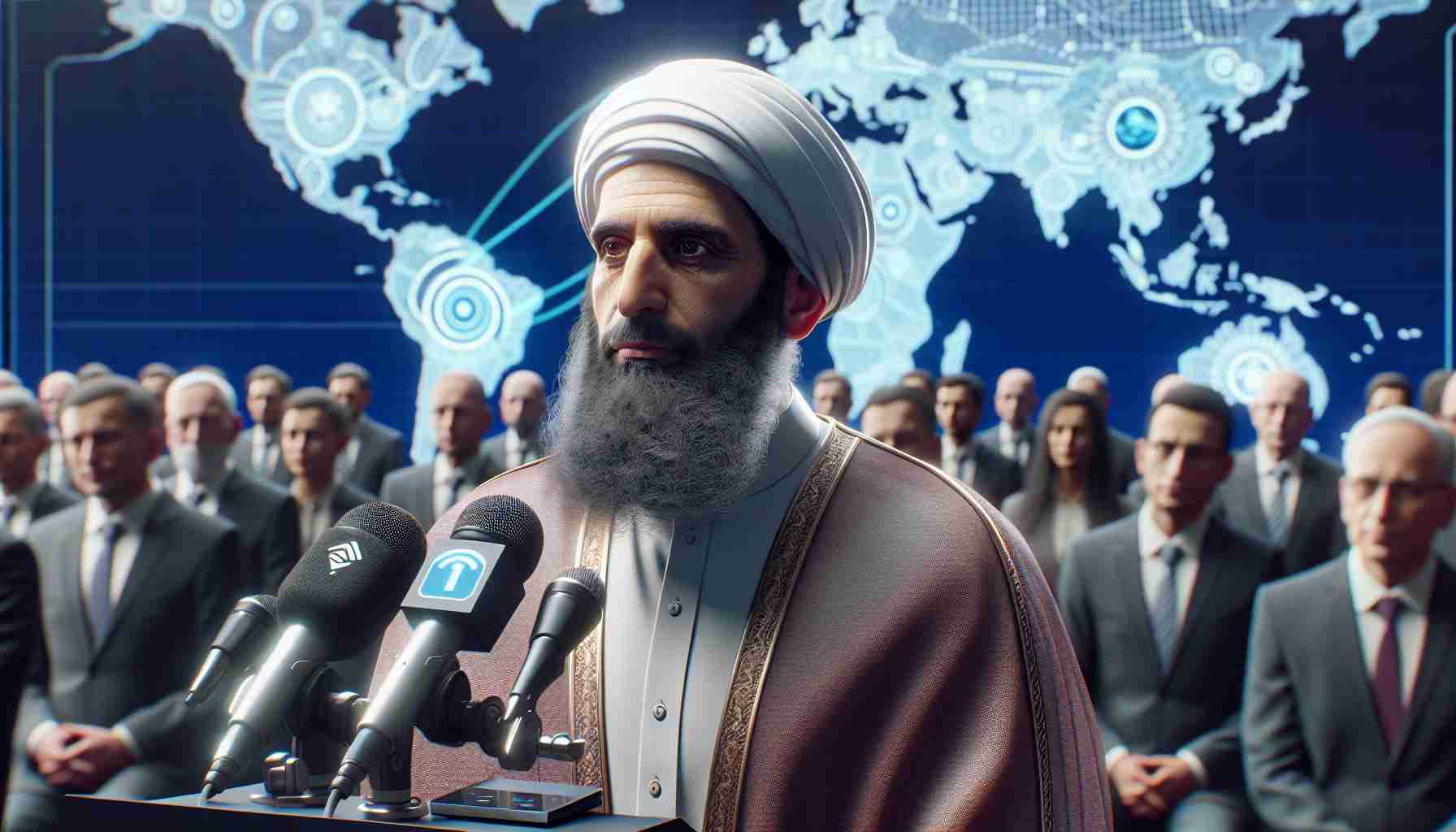The Vatican Confirms Historic Attendance of Pope at G7
In a move that marks a first in the annals of history, the Vatican has officially announced that Pope Francis will be attending the G7 summit. The event, scheduled for June 13-15, 2024, is set to take place in Borgo Egnazia, located in Italy’s southern region of Puglia. The summit will be a gathering of world leaders from the United States, Canada, France, the United Kingdom, Germany, and Japan, as well as other invited guests.
Papal Participation Emphasizes Ethical AI Discussions
Prime Minister of Italy, Giorgia Meloni, has warmly acknowledged the Pope’s acceptance of the invitation, expressing gratitude and noting the honor his presence bestows on Italy and the G7 as a whole. Pope Francis will specifically engage in discussions pertaining to artificial intelligence (AI), a crucial topic on the G7’s agenda.
Italy to Advance Vatican’s Contributions in AI Ethics
Prime Minister Meloni articulated Italy’s strategy to amplify the Vatican’s input on AI’s ethical challenges. This notably includes the Vatican’s active role in advocating for the “Rome Call for AI Ethics” established in 2020. Italy aims to materialize the concepts of “algorithmic ethics,” essentially integrating moral principles into AI algorithms.
Anticipating a Transformative Impact on AI Governance
With optimism, Meloni underscored the Pope’s anticipated influence in shaping the legal, ethical, and cultural frameworks essential for the responsible development of AI technologies. She also invoked sentiments previously expressed by another Pope, Saint John Paul II, on the fundamental human-centered orientation of political activity, both nationally and internationally, reinforcing that human beings are at the core of political action and its ultimate goal.
AI ethics is quickly becoming one of the most critical subjects as the development and integration of AI technologies in various aspects of life accelerate. The involvement of Pope Francis in discussions at the G7 Summit emphasizes the high priority placed on the ethical considerations surrounding AI, particularly as they pertain to the impact on privacy, autonomy, and socioeconomic factors. Here are some additional facts and clarifications relevant to the topic:
– The G7 (Group of Seven) is an international intergovernmental economic organization consisting of the world’s seven largest IMF-described advanced economies.
– Pope Francis has a history of engaging with technology issues and has previously spoken on the subject, stressing the importance of inclusive dialogue between faith and science.
– The “Rome Call for AI Ethics” is a document that promotes an ethical approach to AI development and was endorsed by representatives from technology companies IBM and Microsoft, among others.
Key Questions and Answers:
– Why is Pope Francis’ attendance at the G7 Summit significant?
Pope Francis’ presence is significant as it shows a unified approach to AI ethics involving religious, political, and civil society leaders. It highlights the moral dimensions of technological progress.
– What are the key challenges in AI ethics?
Key challenges include ensuring AI respects human dignity, privacy, and rights; preventing biases and discrimination embedded within AI systems; and managing the socioeconomic changes AI technology might bring.
– Are there any controversies?
Yes, controversies in AI ethics often revolve around surveillance and personal data use, the replacement of human labor with AI, algorithmic transparency, and accountability for decisions made by AI systems.
Advantages and Disadvantages:
– Advantages:
1. Ethical AI could enhance fairness and reduce biases in decision-making.
2. It could improve societal wellbeing by assisting in healthcare, education, and other public service sectors.
3. Ethical guidelines could support international cooperation in technology development and governance.
– Disadvantages:
1. Implementing ethical guidelines may slow down technological development and potentially hinder competitiveness.
2. There is a risk of ethical principles clashing with the profit motives of companies developing AI technologies.
3. Diverse cultural and philosophical perspectives on ethics could challenge the creation of a globally accepted AI ethical framework.
For further information about the G7 and its activities, you can visit G7 official website.
Information about Pope Francis and Vatican’s position on various issues can be found on the Vatican’s official website.
And to learn more about the “Rome Call for AI Ethics”, visit the Pontifical Academy for Life, which is the institution that hosted the signing of the ethical call.

